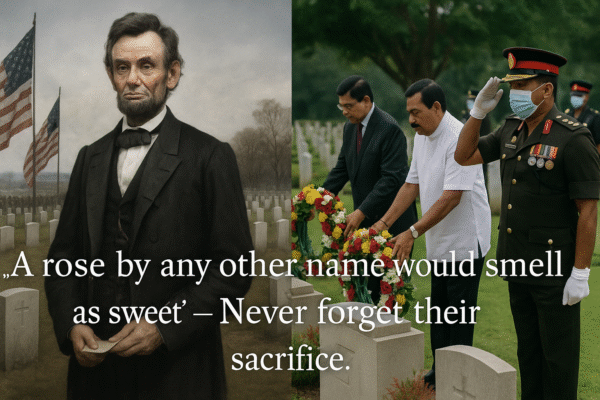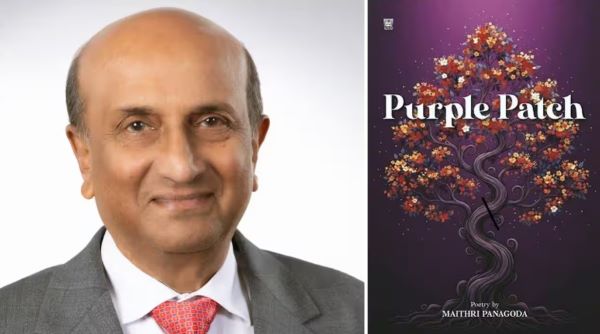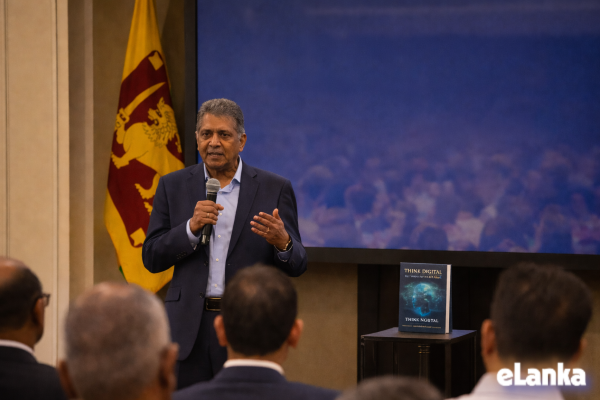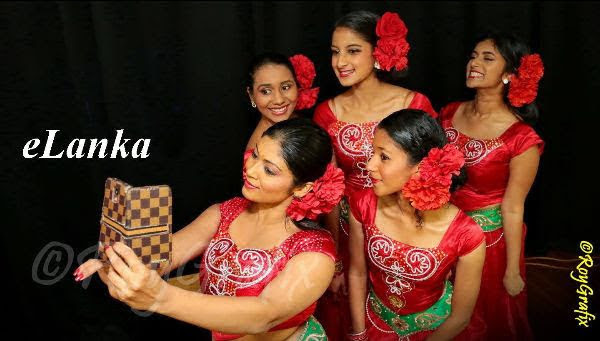‘Ranaviru or Soldaadu’– Heroes by Any Name: History Remembers Their Deeds, Not Your Words! – By KKS PERERA

Last week, President Dissanayake and former President Rajapaksa took turns paying homage to the members of the Armed Forces who sacrificed their lives or were disabled during the Civil War, referring to these brave men by different epithets or labels.
163 years ago Abraham Lincoln said,
“…The brave men, living and dead, who struggled here, have consecrated it, far above our poor power to add or detract. The world will little note, nor long remember what we say here, but it can never forget what they did here.”
Lincoln and the Gettysburg Address
The Battle of Gettysburg in July, 1863, was an attack by Confederate troops on the North — on their own soil! General Lee’s plan was to win, thereby discouraging the Union from continuing. His plan failed and it became the turning point in the Civil War. Four months later, Lincoln delivered his Gettysburg Address. It took only two minutes to deliver, but it’s considered one of the most stirring speeches in American history. “… and that government of the people, by the people, for the people, shall not perish from the earth,” the concise interpretation of Democracy, that all politicians throughout the world [including those who violate the basic principles of democracy], recite like a mantra; was part of his world famous two and a half minute speech. Lincoln himself prepared the speech over a period of two weeks. It says,
“Four score and seven years ago our fathers brought forth on this continent, a new nation, conceived in Liberty, and dedicated to the proposition that all men are created equal.
Now we are engaged in a great civil war, testing whether that nation, or any nation so conceived and so dedicated, can long endure. We are met on a great battle-field of that war. We have come to dedicate a portion of that field, as a final resting place for those who here gave their lives that that nation might live. It is altogether fitting and proper that we should do this.
But, in a larger sense, we cannot dedicate—we cannot consecrate—we cannot hallow—this ground. The brave men, living and dead, who struggled here, have consecrated it, far above our poor power to add or detract. The world will little note, nor long remember what we say here, but it can never forget what they did here. It is for us the living, rather, to be dedicated here to the unfinished work which they who fought here have thus far so nobly advanced. It is rather for us to be here dedicated to the great task remaining before us—that from these honored dead we take increased devotion to that cause for which they gave the last full measure of devotion—that we here highly resolve that these dead shall not have died in vain—and that government of the people, by the people, for the people, shall not perish from the earth”—Abraham Lincoln
Gettysburg Address: Historical Context and Setting
The Gettysburg Address stands as one of the most pivotal moments in American oratory, delivered by the 16th President, Lincoln on November 19, 1863, during a time when the nation was torn apart by civil war. The speech came four and a half months after the Battle of Gettysburg, which had raged from July 1-3, 1863, in the small Pennsylvania town that would forever be remembered as a turning point in American history.
The Speech’s Revolutionary Brevity and Power
Most importantly, Lincoln redefined the Civil War’s purpose. Originally a fight to save the Union, he reframed it as a battle for equality and democratic ideals. By invoking the Declaration of Independence—“all men are created equal”—he linked the war to the unfinished goals of the American Revolution. He argued that Union soldiers died not just for unity, but to defend liberty and self-government.
At the Gettysburg cemetery dedication, Lincoln was not the main speaker, and his short remarks were initially overlooked. But over time, the address came to be seen as one of the finest expressions of America’s national ideals and a model of powerful, concise rhetoric.
Only decades later—especially after World War I and the 1922 opening of the Lincoln Memorial—did the speech gain iconic status. It became a staple in American education, thanks to its memorable three-paragraph structure. Lincoln turned the fallen into symbols of a greater cause, saying their sacrifice gave sacred meaning to both the battlefield and the fight for democracy.
Patriotism as a Political Tool
We have seen Sri Lankan politicians trying to win votes by praising the military, wrapping themselves in patriotic slogans and accusing their opponents of not supporting the armed forces.
The NPP government at first gave little attention to National War Heroes Day, but President Dissanayake later took part in the event. Former President Mahinda Rajapaksa held a separate ceremony, leading to two rival events. Why can’t our leaders put aside political differences and come together to honour those who died?
After the defeat of the LTTE in 2009, the Rajapaksas used the military’s victory to gain support and win the 2010 election. The Opposition chose former Army Commander Fonseka as their candidate, and surprisingly, he was backed by the TNA—even though his forces had been accused of war crimes. Since then, different governments have failed to stand up for the military and challenge unfair stories spread internationally. Several former officers are banned from travelling to Western countries, while those same countries allow LTTE supporters to raise money—failing to see that supporting such groups often backfires.
The gravest betrayal politicians who flaunt patriotism have perpetrated against the military is their failure to harness the armed forces’ sacrifices for national development. Instead of leveraging battlefield victories, successive administrations squandered opportunities through self-serving agendas.
The Rajapaksa clan remained preoccupied with amassing wealth and consolidating power following terrorism’s defeat in 2009, transforming reconstruction into dynastic entrenchment. The Sirisena administration pursued similar self-aggrandizement, subjugating paddy farmers and consumers to a mill operators’ cartel under their patronage.
UNP leadership indulged in nepotistic practices and systematic embezzlement, prioritizing personal enrichment over reconstruction. The JVP orchestrated disruptions across institutions while accumulating resources and pursuing expedient pathways to power rather than constructive governance.
The most meaningful tribute these vociferous ‘patriots’ could offer the military would be abandoning petty rivalries to collaborate toward comprehensive national advancement and constructing a prosperous future benefiting every Sri Lankan citizen.
“A rose by any other name would smell as sweet” is a well-known adage from William Shakespeare’s Romeo and Juliet, where Juliet suggests that it does not matter that Romeo belongs to the rival House of Montague. The phrase is often used to convey the idea that the names of things do not alter their true nature; let it be Ranaviru or Soldaadu; never forget their sacrifices, and those who provided political patronage.
Writer can be contacted at kksperera1@gmail.com




















